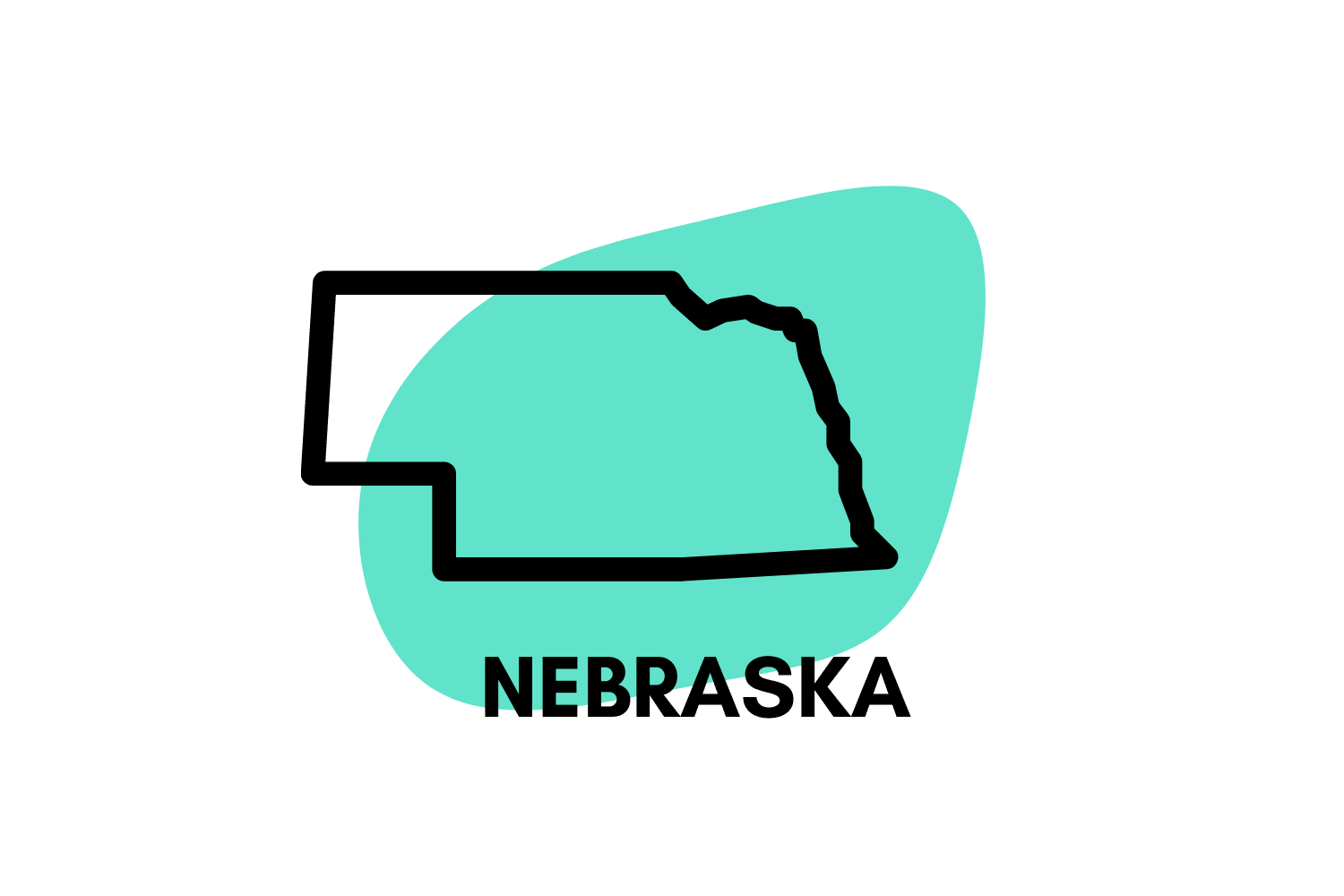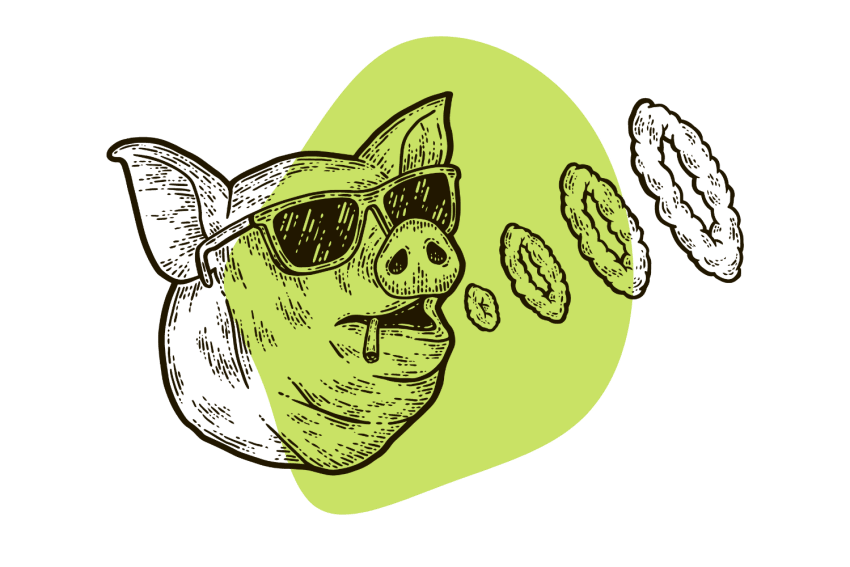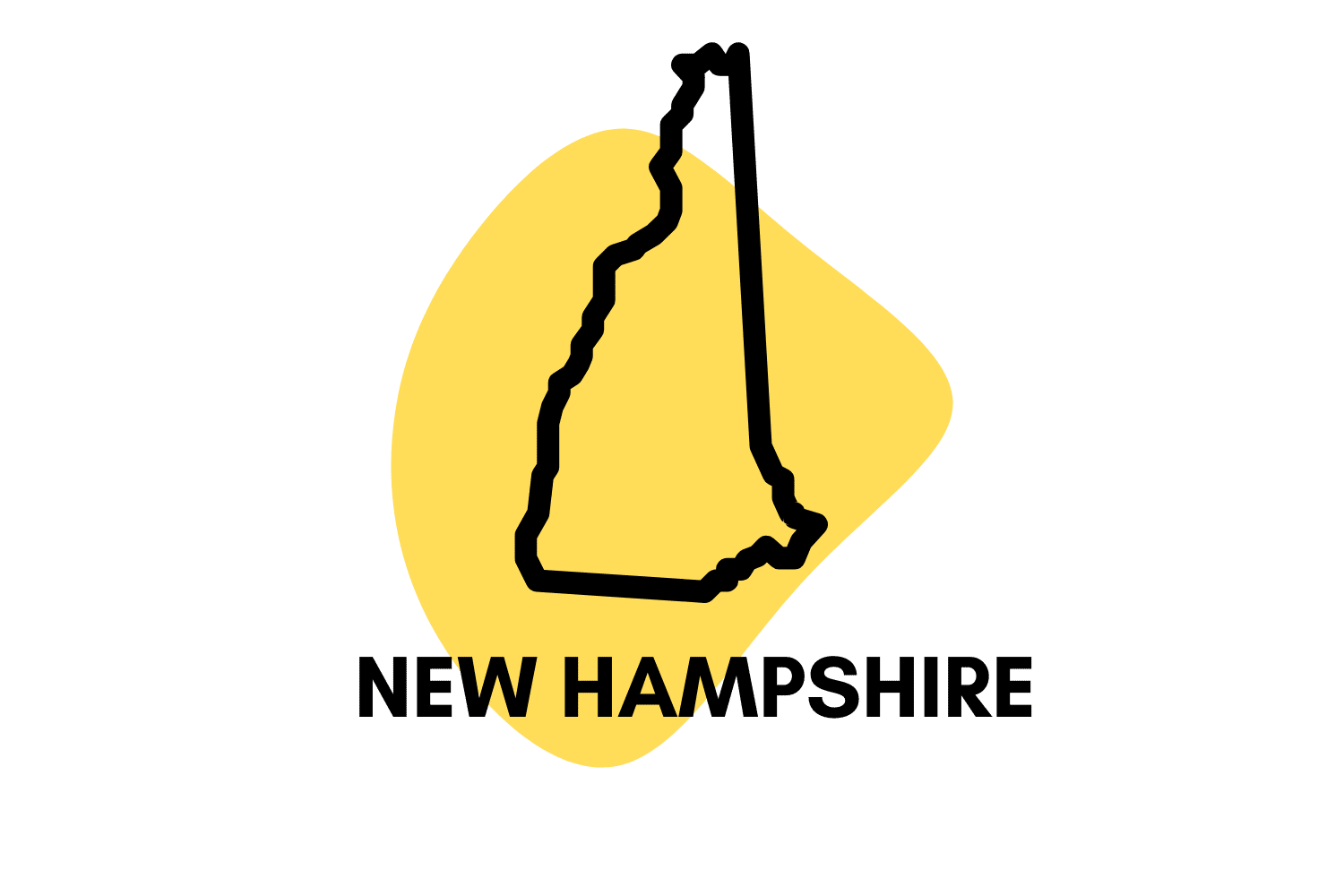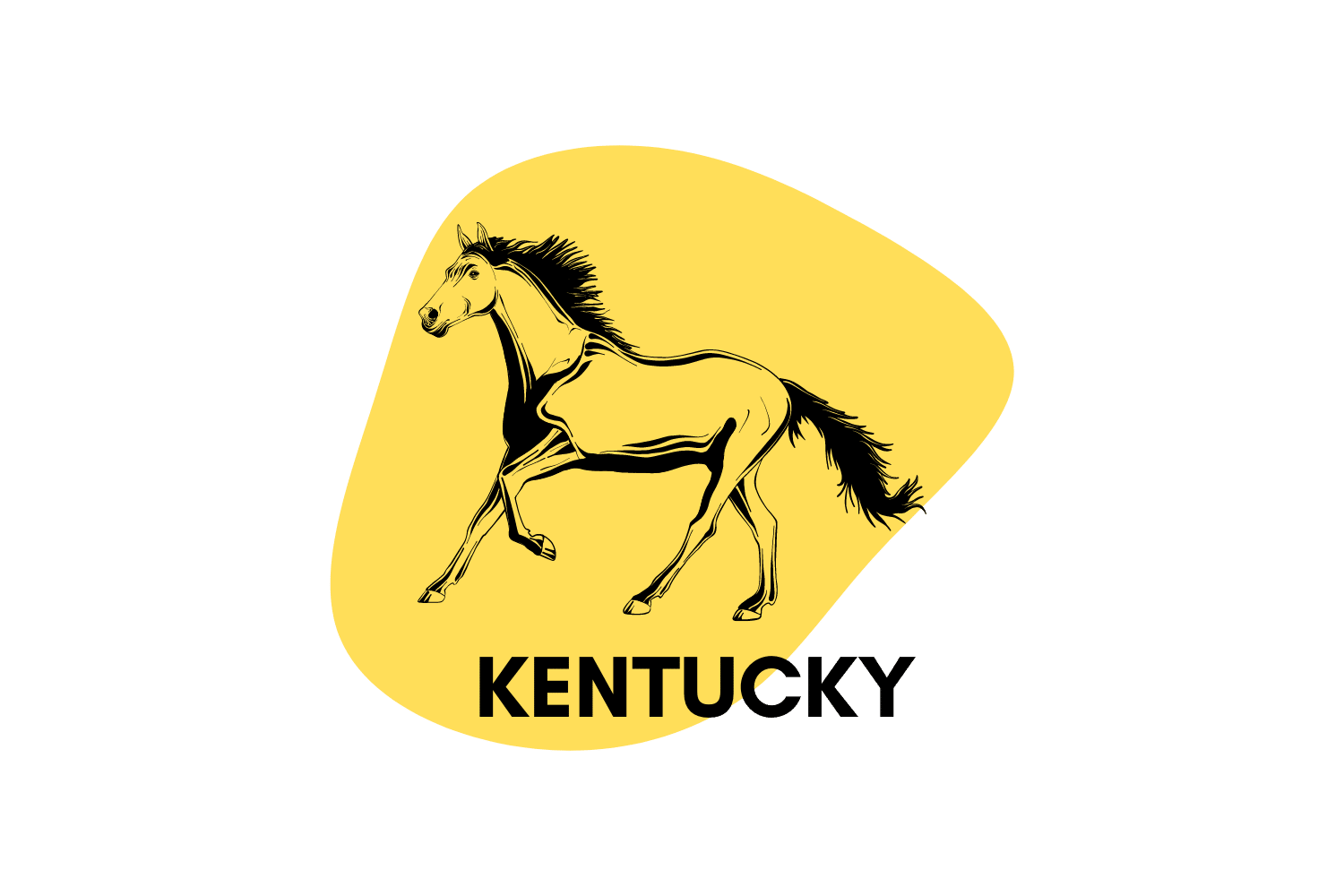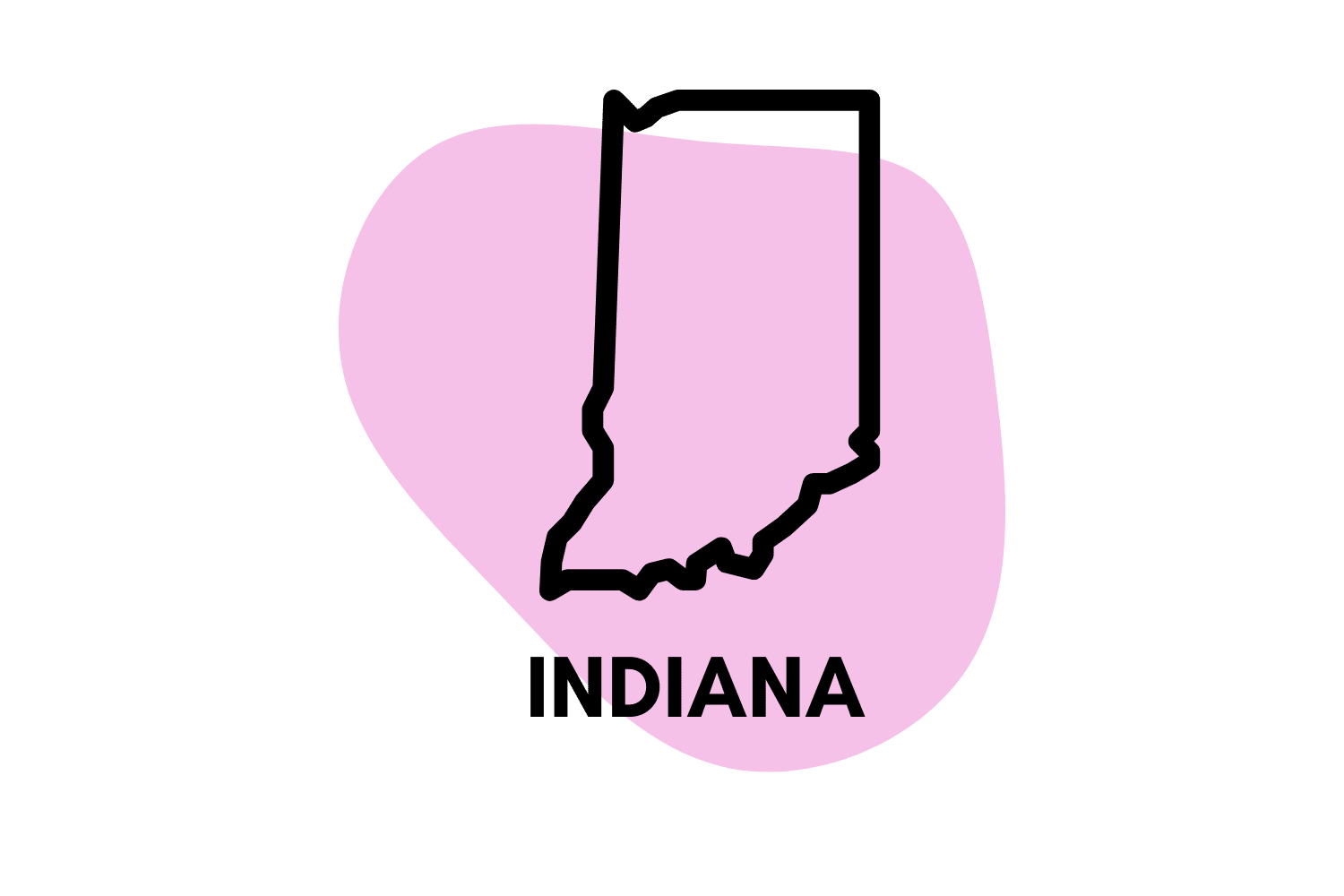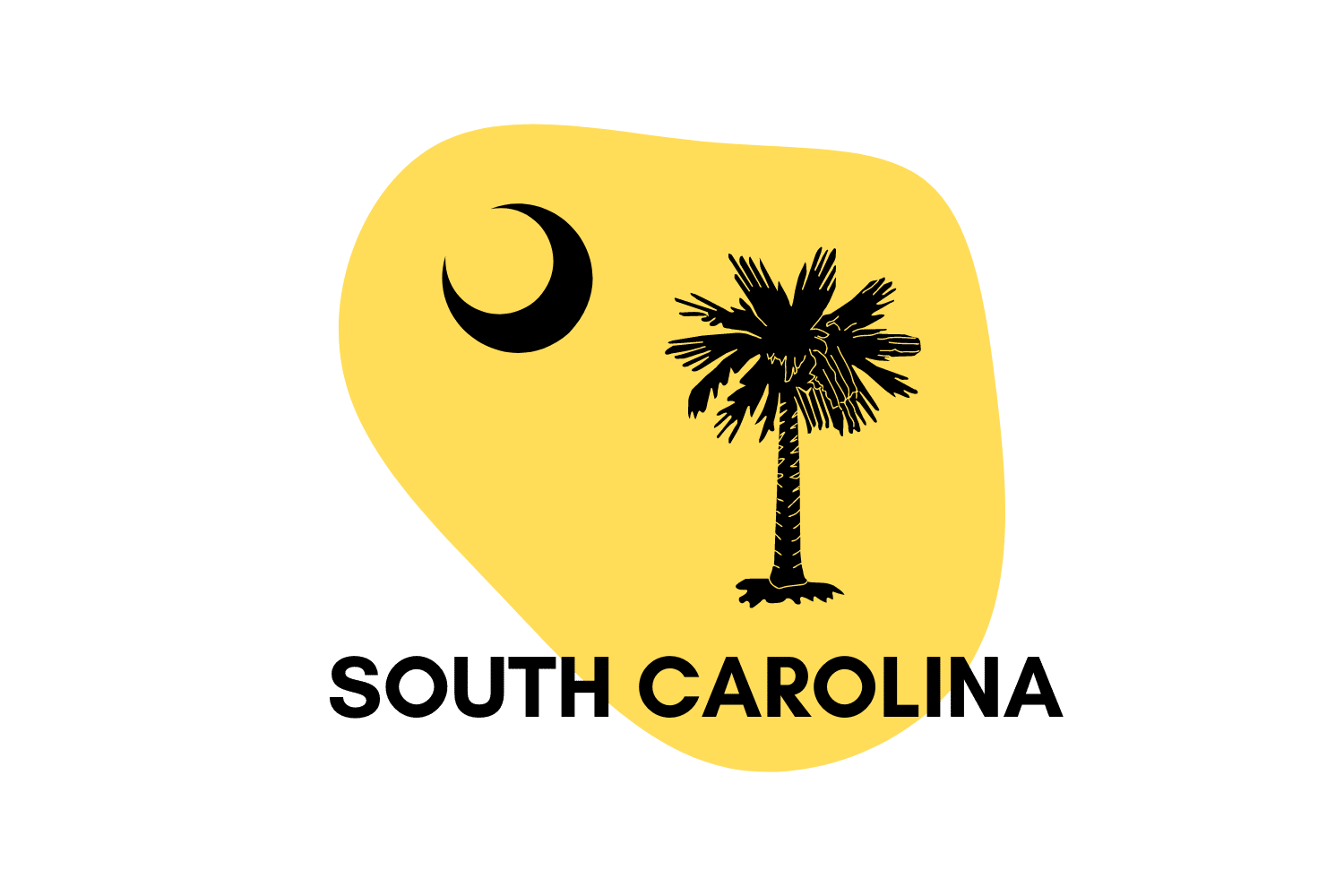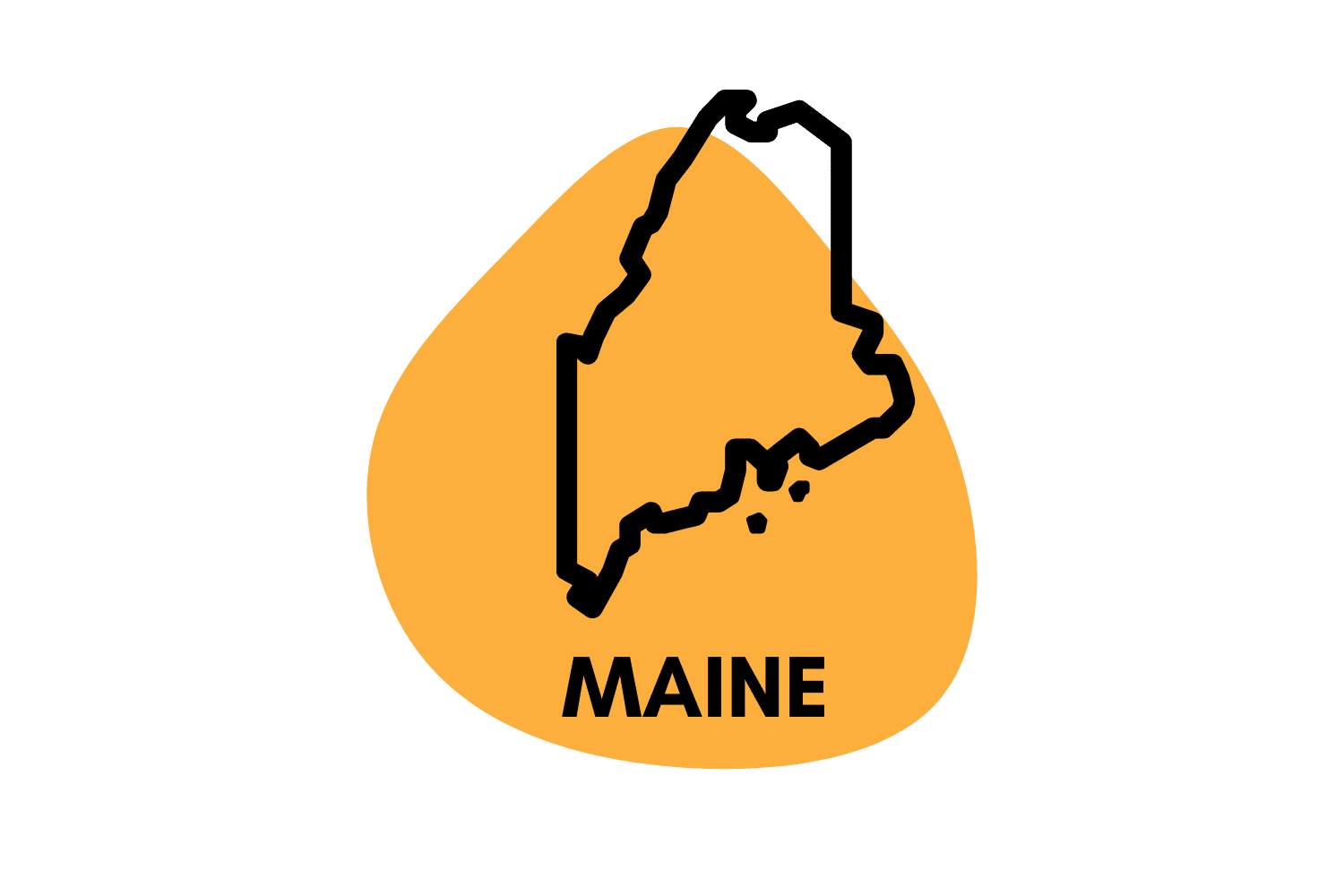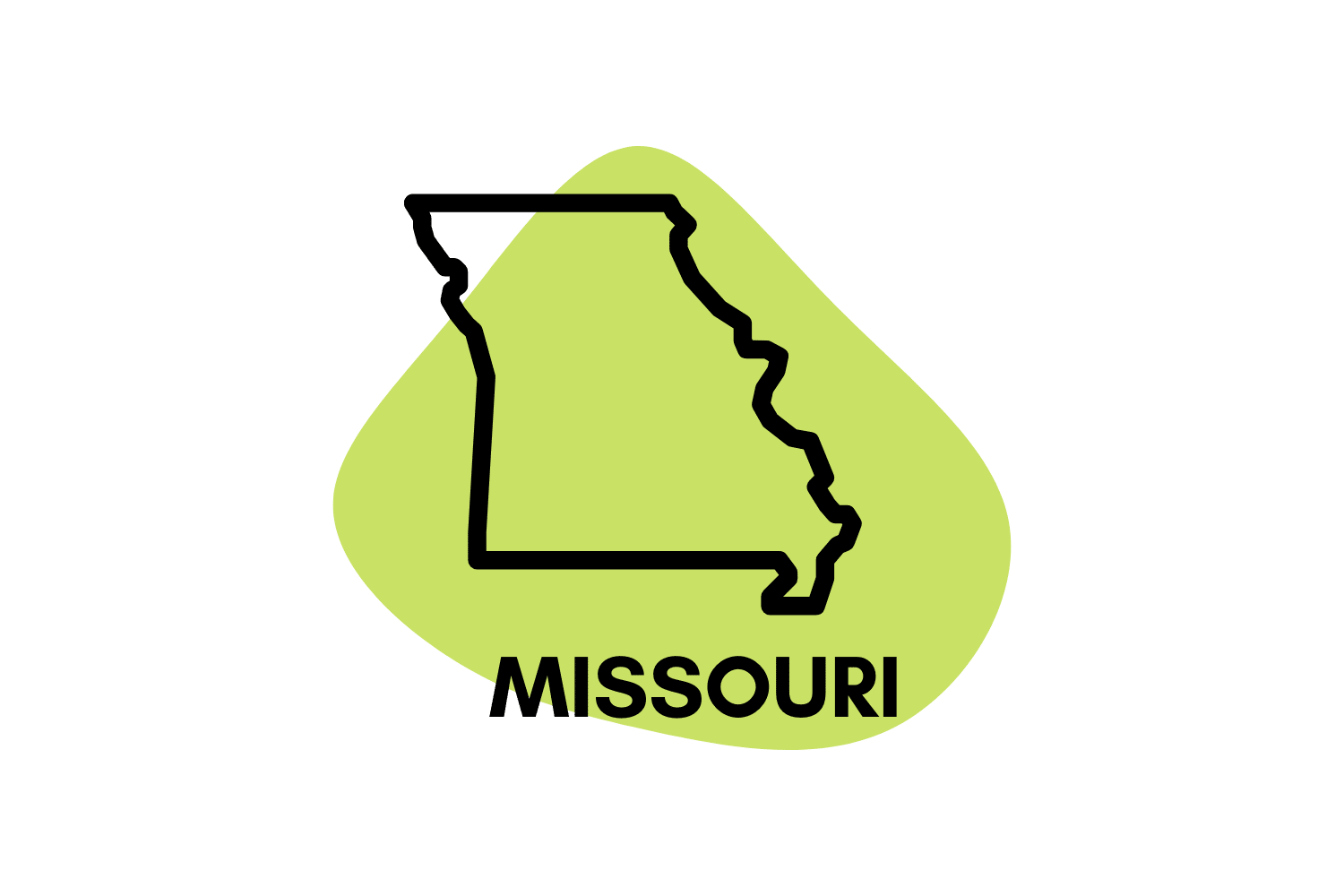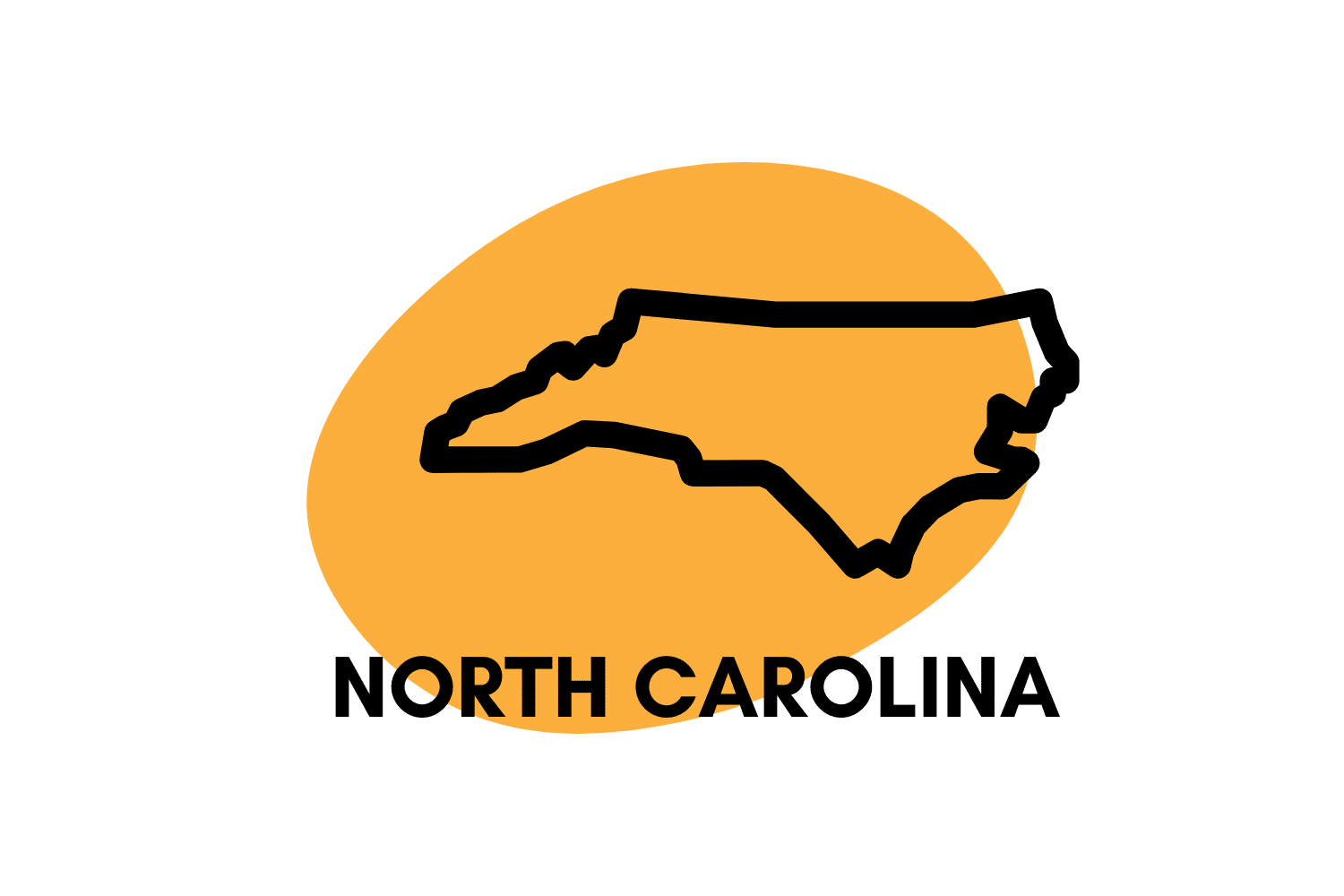Vermont Makes Moves Toward Ending the War on Drugs
Though it’s one of the most liberal states in America, Vermont only legalized adult-use marijuana in late 2020. Now, they’re aiming for loftier goals. 🎯
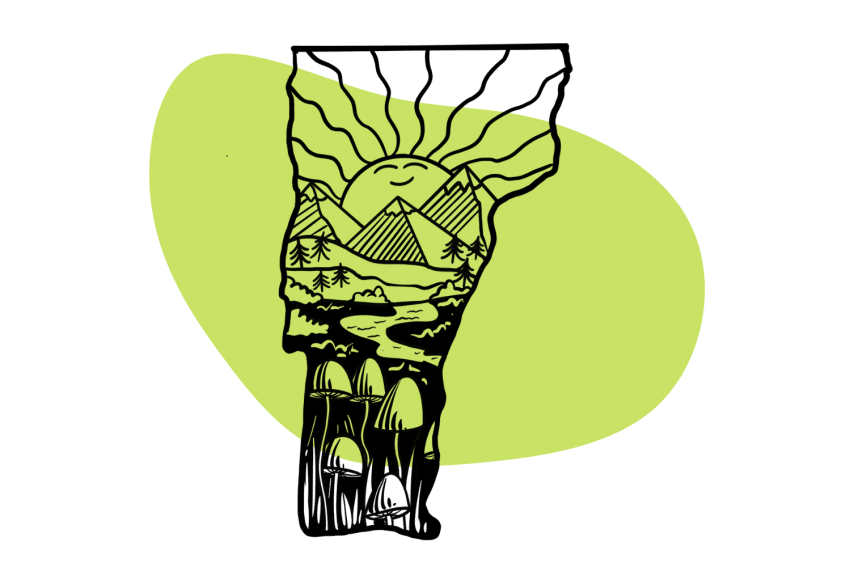
Representatives of Vermont recently introduced legislation that could significantly change the state’s drug policy. House Bill 371 (H. 371) would decriminalize psilocybin (the active ingredient in magic mushrooms) and legalize it in therapeutic settings.
This incremental change is overshadowed by H. 423 and its companion bill Senate Bill 119 (S. 119), which seeks to decriminalize personal possession of all drugs and establish a framework for harm reduction services in the state.
Both efforts stand a serious chance of making it into law, changing the state’s prohibition stances in a big way. Let’s break down both attempts and discuss what’s worth celebrating and where they may fall short.
Related: Current Legalization & Decriminalization Efforts in Vermont
Vermont’s Recent Decriminalization Efforts
In February 2023, Representatives of Vermont brought two decriminalization efforts to the floor — with the companion piece of legislation hitting the Senate in early May.
Depending on where things land, these measures represent a potential for incremental and monumental strides forward in drug reformation.
1. Vermont House Bill 371
Representatives Joseph Trioiano and Brian Cina and 26 other co-sponsors brought Vermont House Bill (H. 371). The measure would decriminalize “possessing, dispensing, or selling psilocybin and [establish] the Psychedelic Therapy Advisory Working Group.”
The means of operation for this proposal are to remove psilocybin from the state definition of “hallucinogenic drugs.” It also provides details on the upcoming eight people who will lead the panel investigating the safe implementation of this.
Appointees will include:
- Two members of the House of Representatives (from different parties), selected by the Speaker of the House.
- Two members of the Senate, selected by the Committee on Committees
- Vermont Psychological Association’s Legislative Chair — Currently the co-founder of the Psychedelic Society of Vermont, Dr. Rick Barnett.
- A researcher from the Johns Hopkins University School of Medicine
- The Vermont Office of Professional Regulation director — currently S. Lauren Hibbert — or her appointee
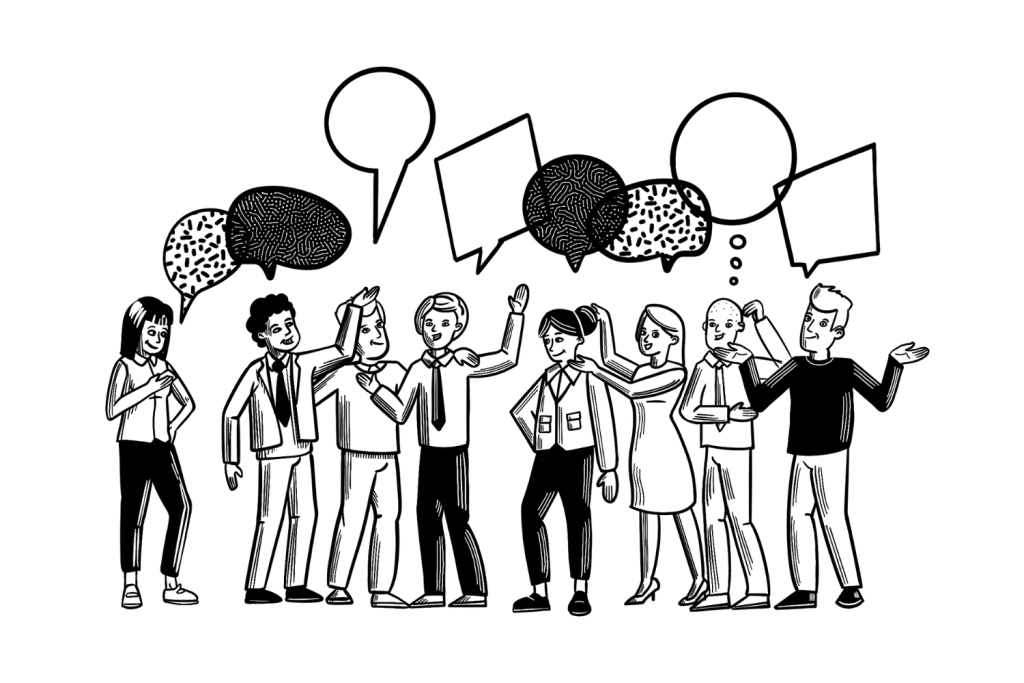
This committee will examine the research around psychedelic-assisted therapy and determine the path forward they find most appropriate. The current effective date for the bill is July 1st of this year.
2. Vermont House Bill 423 & Senate Bill 119
These companion pieces of legislation seek to decriminalize the personal possession of all drugs. H. 423 and Senate Bill (S) 119 redirect the focus of drug policy to public health instead of criminal and judicial.
Decriminalize Vermont is in partnership with 47 sponsors and co-sponsors in the House and 11 in the Senate who are behind seeing these efforts through. If it passes through their respective chambers, simple possession of all drugs would result in a $50 fine.
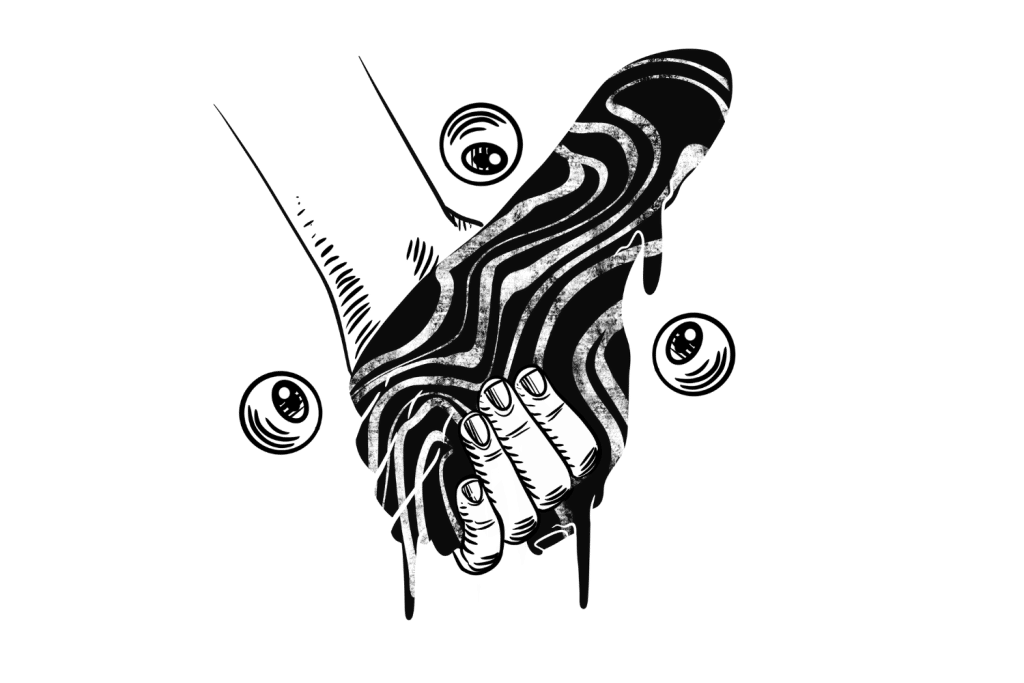
Offenders can skip the fine by participating in “a screening for substance use disorder treatment and related services.” The bill also states, “a person who is issued a notice of violation and does not pay the penalty shall not be subject to any further criminal penalty, including imprisonment.”
As such, it’s unclear at this time exactly how enforceable this policy will be.
Outside of this massive change, these two proposed bills would also establish a “Drug Use Standards Advisory Board” consisting of:
- Two representatives from harm reduction service providers
- An expert on medication-assisted treatment programs
- An expert on human behavior and addiction
- An expert on Substance use disorder treatment
- An expert on legal reform from the University of Vermont Law School Center for Justice Reform
- An academic researcher specializing in drug use or drug policy.
This board’s only current goal is to establish the “benchmark quantity” for the personal use and supply of every drug. The language in the bill explains their motivation for doing so as “to prevent and reduce the criminalization of personal drug use.”
They are to reconvene at least annually to reevaluate, and their limitations also apply to selling drugs.
Why Is Vermont Seeking Decriminalization?
Strong language runs through both efforts, suggesting their motive. The authors use the following as support for their proposed bills:
From H. 371:
The center of this legislation is psilocybin-assisted therapy, and their findings mainly center around research for such. Before diving into this, however, they do mention the precedent of psilocybin-assisted therapy and the organizations studying the substances.
The scientific studies the authors of this bill cite are:
- A Johns Hopkins study from 2022 found that 18 and 14 participants (out of 24) had a significant response to treatment or remission, respectively. This continued at the 12 months follow-up [1].
- A 2014 study from the same institution in which 12 out of 15 participants ceased or reduced their smoking after psilocybin. Researchers found this was still true at the six-month mark [2].
- Reporting of a causal link between psilocybin use and a 30% reduction in the odds of developing opioid use disorder after evaluating 214,505 cases [3].
- A 2020 study from Frontiers in Psychiatry that found 63% of 440 participants found relief from substance use disorder with only the self-administration of psilocybin or LSD at home [4].
- The study from 2022 involving 95 participants with a diagnosable alcohol use disorder. Two groups received either high doses of psilocybin or a placebo along with therapy. Participants who took the active dose had 13.9% fewer heavy drinking days at the 32-week follow-up [5].
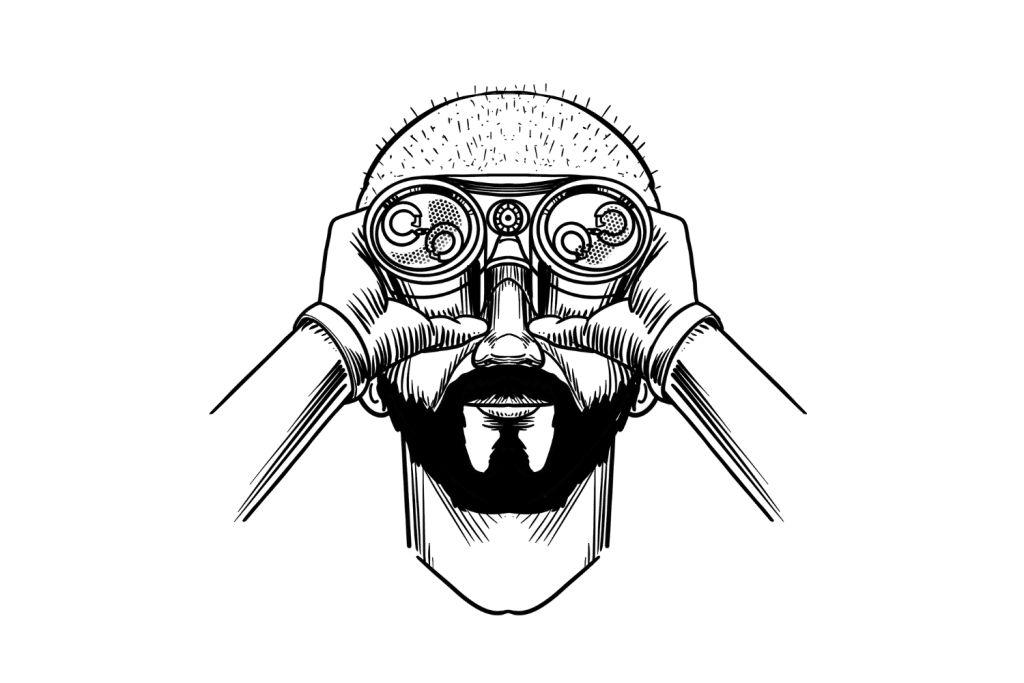
From H. 423/S 119:
As a matter of public policy, as opposed to establishing a medical framework, the findings of H. 423/S 119 center more around the failure of the drug war.
Here’s an abridged version of the findings of H. 423/S 119:
- “Drug overdose reportedly killed 251 Vermonters 2021, nearly a 35 percent increase from the prior year and well over double the number of deaths occurring in years preceding the pandemic … From 2018 to 2021, 1,631 individuals visited an emergency department for [non-fatal] opioid overdose.”
- “Research has consistently shown that public health strategies are effective at reducing overdose deaths, reducing the transmission of infectious diseases, and improving health outcomes.”
- “Investments in criminal justice approaches have proven ineffective in reducing overdose…”
- “…Vermont’s laws have continued to reflect a punitive criminal justice model that has been ineffective in improving public health and has itself caused extensive harm.”
- “The criminalization of drug use has profoundly negative impacts on individuals, families, and communities.”
- “Studies have also repeatedly found that periods of incarceration substantially increase the risk of fatal overdose.”
- “Enforcement of the drug laws in Vermont … falls disproportionate on persons of color despite similar rates in usage and sale of drugs.”
- “A health-based approach to drugs … has proven to be more effective at preventing opioid deaths and drug-related injuries, reducing the spread of HIV and Hepatitis C, and improving health outcomes for persons who use drugs.”
- “Drug-checking services allow individuals who use drugs to identify the actual contents of a substance they may intend to take and therefore reduce harms associated with consuming an unknown substance.”
- “Throughout the last decade in Vermont, the approach to drugs has gradually shifted toward … prevention, treatment, and harm reduction.”
- “Eliminating criminal penalties for possessing personal use amounts … would continue this progress.”
Limitations of Vermont’s Recent Decrim Legislation
Decriminalization has inherent shortcomings compared to legalization and regulation. As such, there are multiple areas in these legislative efforts that advocates are not as excited about.
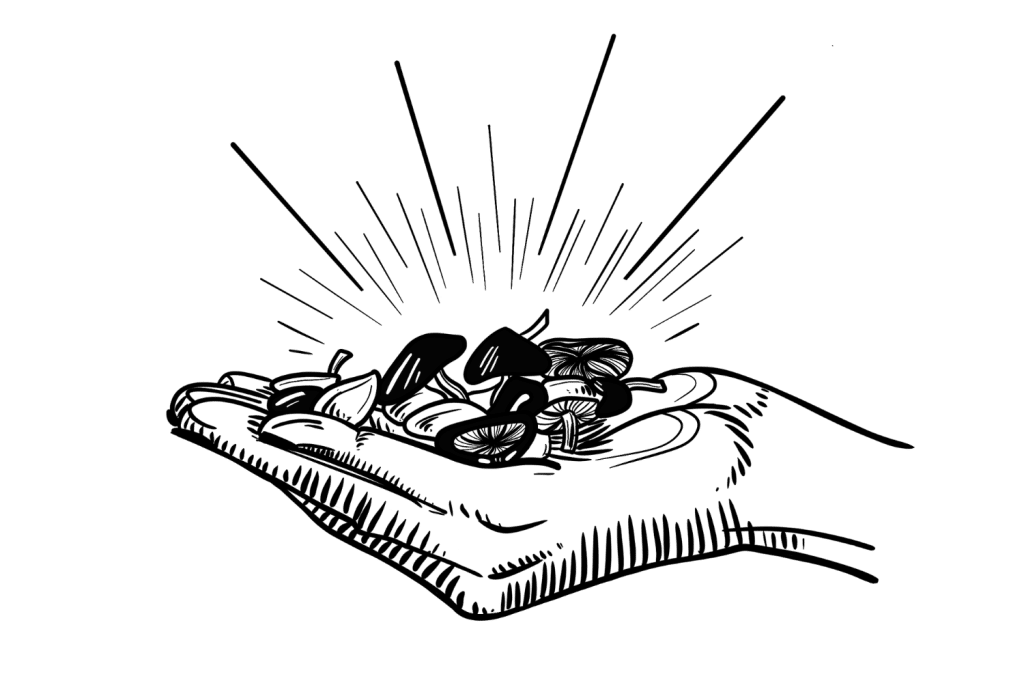
The three main limitations are the possession limits, the remaining penalties for using drugs, medical-only legalization, and the natural exceptionalism of only legalizing psilocybin-assisted therapy.
Possession Limits
Neither effort states the amount a person can carry or own at once. Instead, they establish a board of advisors and charge them with the task.
While they try to include the people who use drugs (PWUD) — more so with H. 423/S 119 than H. 371 — everyone’s habit is different. A 10-day supply (for example) for one consumer may only last 4–5 days for the other.
Furthermore, some people like to buy larger quantities at once to avoid going out to acquire more. After all, the only available market operates in the shadows and in sometimes unsafe environments.
People do this all the time with alcohol — wine cellars, liquor cabinets, and home bars often carry more than a month’s worth of the drug. Why trust people to consume alcohol responsibly (over 140,000 people die in the US annually from excessive alcohol use, by the way) but not offer the same grace to the PWUD?
For as long as PWUD have been using drugs, they’ve had to figure it out on their own. They likely have a far better understanding of their drug, its harms, and safe practices.
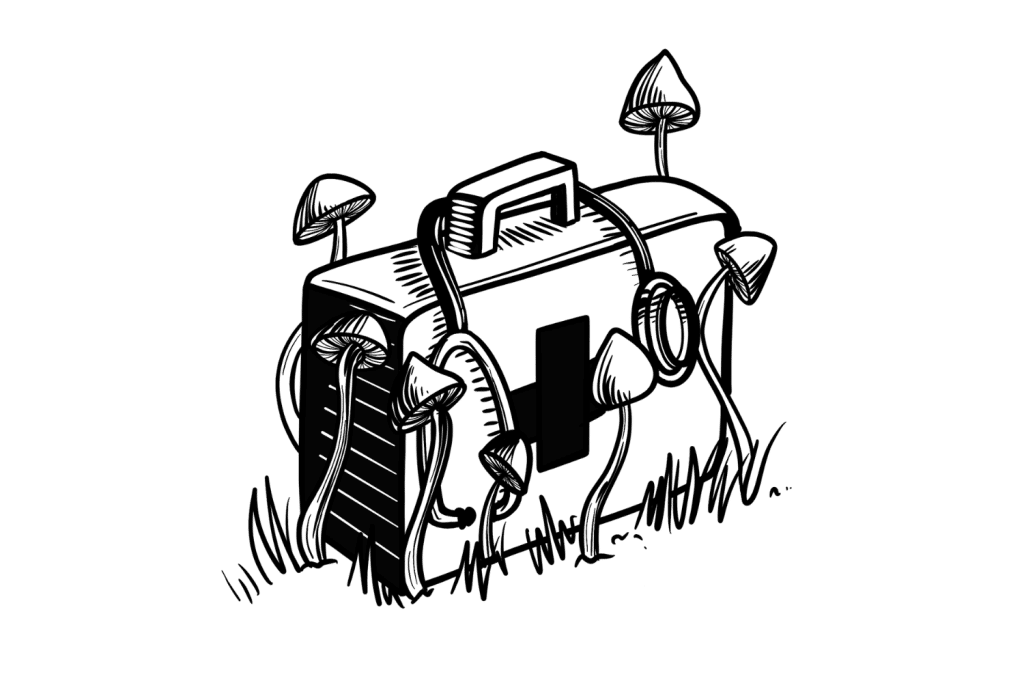
It’s unclear what these limits will be, and it could be a significant enough amount to make sense. California set possession limits for its psychedelic decriminalization bill so high it hardly restricts anyone, whereas British Columbia’s drug decriminalization law is so timid it excludes most heavy drug users.
This will be a key element of both efforts to keep an eye on as they start shaping up.
Fees & Penalties For Possession in Vermont
If drug use is no longer a crime, why include a $50 penalty?
The language of the legislation explicitly states there can’t be any larger penalties for not paying the fine and gives people the option to undergo a health screening and “related services.”
It’s unclear what these services are, but forcing screening or rehabilitative services for an action the government says is no longer a crime doesn’t make sense. Forcing people to seek treatment for drug use they don’t believe is problematic only furthers the stigmatization of drug use.
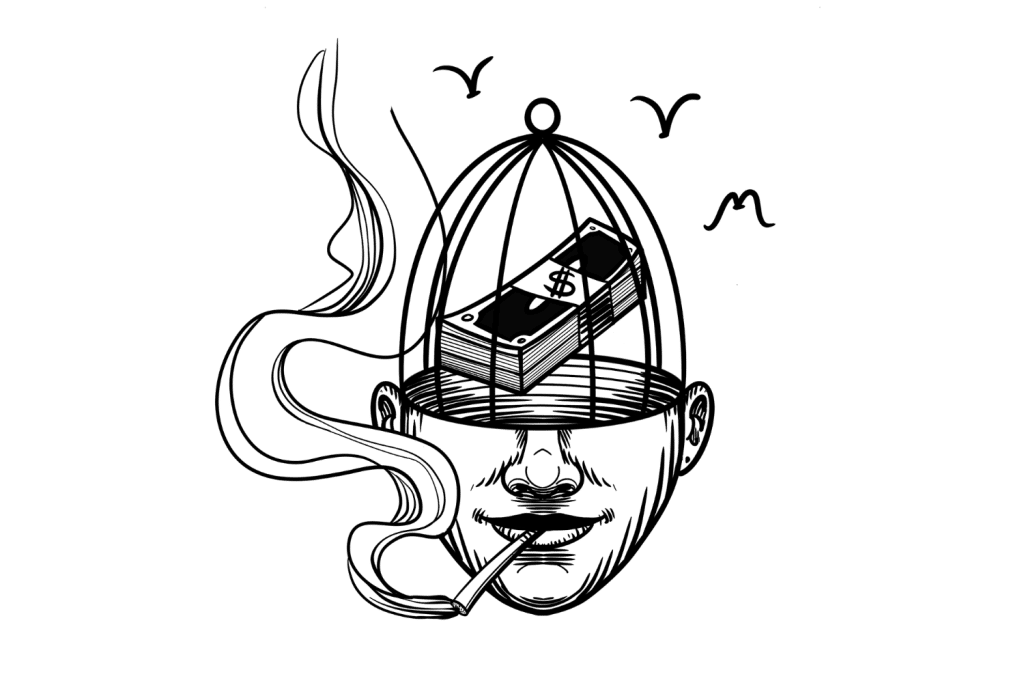
With a $50 fee or forced treatment, the government only legalizes drug use for people with the money to pay the fee. Many who can’t afford the cost also won’t have the time or transportation needed to attend the meeting to remove it.
It’s tempting to look at the $50 fee and see it as a triumphant reduction in prohibition, but it still falls short.
The Problem with Medical-Only Legalization
H. 371 seeks to legalize the medical use of psilocybin and broadly decriminalize it but stops short of legalization outside of clinical settings. The high costs of psychedelic-assisted psychotherapy will likely make access unattainable for those who need it most.
Recent research suggests subjective social and socioeconomic status (SES and SSS) are “predictive of depressive symptoms and suicidality [6].” Creating a path forward for those who cannot afford this treatment is essential for ensuring its success.
Magic mushroom trips can last 8–10 hours, and most practitioners will likely require sessions before and after the experience. As a result, most of these services will likely cost multiple thousands of dollars.
The new advisory group’s list of responsibilities includes a charge to “provide potential timelines for universal and equitable access to psychedelic-assisted treatments.” Until we know how they implement this, it’s impossible to know if they will do so meaningfully.
“Natural” Exceptionalism in Psychedelics
H. 371’s summary states one of its purposes is the “removal of criminal penalties for possessing, dispensing, or selling psilocybin.” The authors of the legislation do this by removing the word “psilocybin” from the legal definition of hallucinogenic drugs and leaving the rest behind.
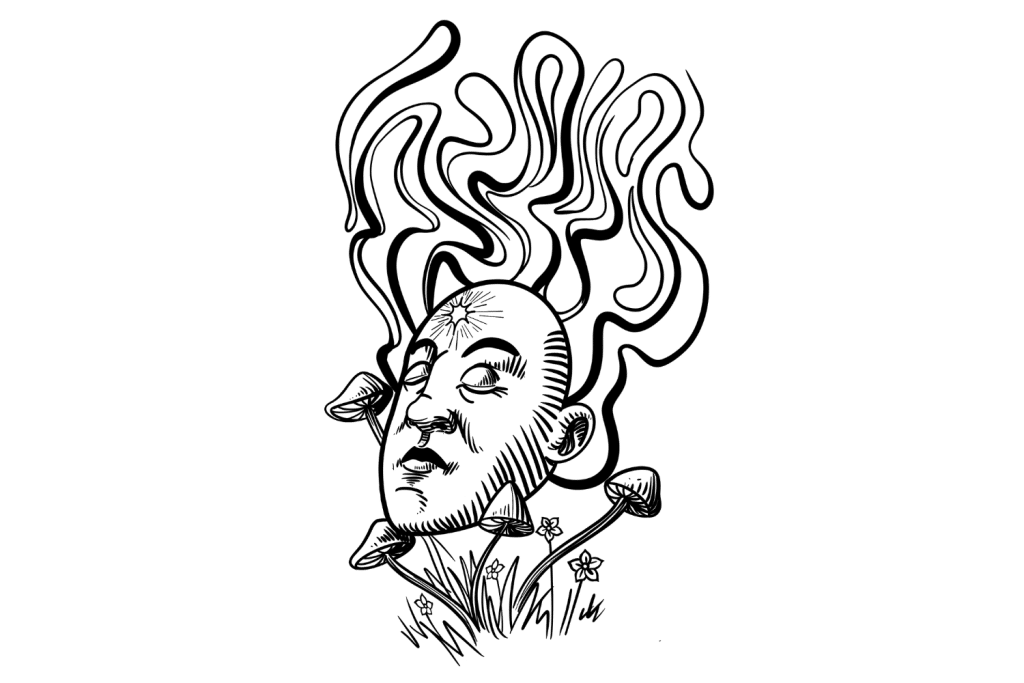
While magic mushrooms have several promising studies, so do several other drugs left on the list. Lysergic acid diethylamide (LSD) has several studies of its own — one of which the authors of this bill cite in their findings. LSD and 3,4-Methylenedioxymethamphetamine (MDMA) contain similar levels of risk (and amounts of research), and their synthetic nature makes the illicit market even more dangerous.
The definition for hallucinogens also includes “any other substance” that is “habit-forming” or has “a serious potential for abuse.” While it’s right to remove psilocybin from this list, it’s wild to keep LSD, MDMA, and the natural drug mescaline with those criteria.
Will H. 371 and H. 423 Pass?
Both pieces of legislation are in their early stages, and it’s hard to tell whether they will make it through the gauntlet of committees, votes, and amendments they’re sure to face. Vermont’s government is overwhelmingly liberal-leaning, but this doesn’t mean these will easily pass through.
Here’s what’s up next for these two bills as they work through Vermont’s process:
- The bills are waiting for the House Committee on Judiciary (S 119 is in the Senate Committee on Judiciary) to schedule a hearing.
- When the committees choose to take them up, they will offer the opportunity to amend, critique, and bolster language throughout the bills.
- After voting the bill out of the committee, the respective branch of government will receive the bill and read it with any new amendments. They will also have the opportunity to add amendments and changes of their own and vote on them.
- After passing one branch, it heads over to the other side to consider it and amend it if they desire. If the changes are insignificant enough for H. 423 and S. 119, they may pass through simultaneously. Otherwise, any changes mean it heads back to the previous branch of government to vote on again.
- After passing both chambers, it heads to the governor to sign or veto.
What Happens if the Governor of Vermont Vetoes a Bill?
After receiving the bill, Scott will have five days to sign it into law, allow it to go into law without his signature, or veto it. Last year, he used his veto power to kill a bill establishing a similar drug committee and remove the racist laws in the state placing higher penalties on crack than cocaine.
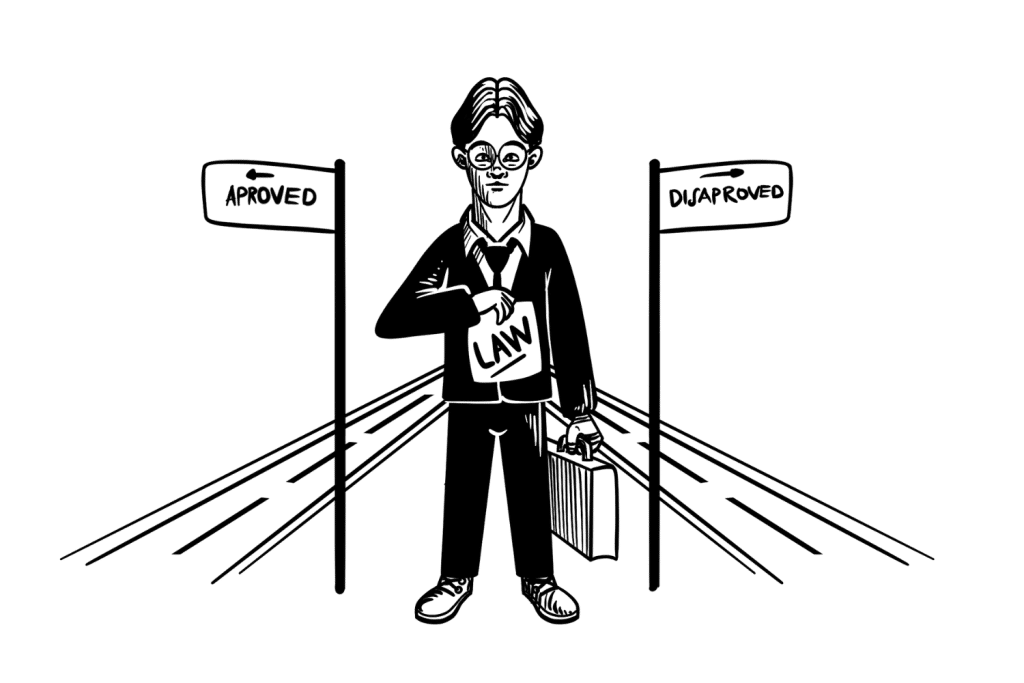
If he vetoes these efforts, the committee has until the end of the session to evaluate the governor’s concerns, present a case, and vote. The bill will become law if they can achieve a 2/3 majority in both chambers.
With 150 members in the House and 30 in the Senate — with 108 and 23 members, respectively, who identify as Democrat or liberal — it’s not without possibility. In fact, it’s more likely than ever; Vermont Democrats maintain a larger majority than at any other point in state history.
Whether they will use this power to pass these two massive steps forward is something to watch closely.
Conclusions: Is Vermont Moving Toward Change?
Vermont’s desire for forward progress is clear, and there is a lot to celebrate about both legislative efforts. Incremental change is worth celebrating, even if it falls short of perfection.
When looking at H. 243 and S. 119, there is more to celebrate than to condemn. While H. 371 feels overly restrictive and small, it could have tremendous potential if it passes along with the more robust legislation.
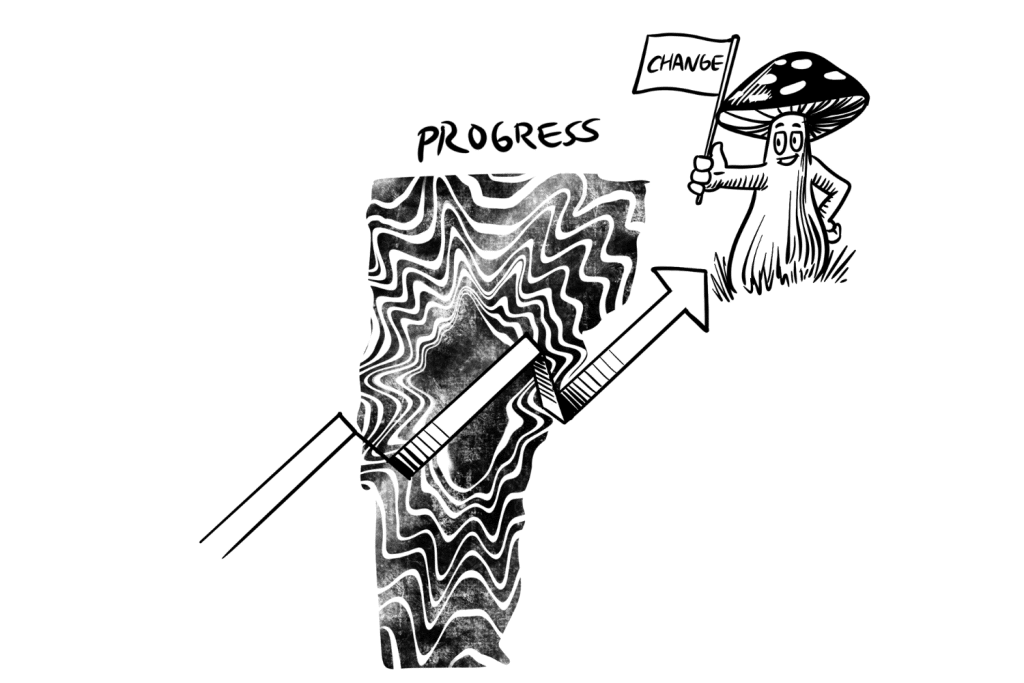
Should both measures pass and become law in Vermont, it would become a state giving its citizens the freedom to:
- Seek and receive licensed psilocybin-assisted psychotherapy
- Decriminalize personal possession, acquisition, and consumption of all drugs
- Establish committees to explore the implications of both actions and listen to the people who use drugs
- Possess, consume, and potentially sell magic mushrooms while decriminalizing the use of all other psychedelic drugs
- Legally test their drugs and partake in other harm-reduction measures
This is a lot of fantastic movement in the right direction. Now, we just need to hope it has enough momentum to make it through.
References
- Gukasyan, N., Davis, A. K., Barrett, F. S., Cosimano, M. P., Sepeda, N. D., Johnson, M. W., & Griffiths, R. R. (2022). Efficacy and safety of psilocybin-assisted treatment for major depressive disorder: prospective 12-month follow-up. Journal of Psychopharmacology, 36(2), 151-158.
- Johnson, M. W., Garcia-Romeu, A., Cosimano, M. P., & Griffiths, R. R. (2014). Pilot study of the 5-HT2AR agonist psilocybin in the treatment of tobacco addiction. Journal of Psychopharmacology, 28(11), 983-992.
- Jones, G., Ricard, J. A., Lipson, J., & Nock, M. K. (2022). Associations between classic psychedelics and opioid use disorder in a nationally-representative US adult sample. Scientific Reports, 12(1), 4099.
- Garcia-Romeu, A., Davis, A. K., Erowid, E., Griffiths, R. R., & Johnson, M. W. (2020). Persisting reductions in cannabis, opioid, and stimulant misuse after naturalistic psychedelic use: An online survey. Frontiers in Psychiatry, 955.
- Bogenschutz, M. P., Ross, S., Bhatt, S., Baron, T., Forcehimes, A. A., Laska, E., … & Worth, L. (2022). Percentage of heavy drinking days following psilocybin-assisted psychotherapy vs placebo in the treatment of adult patients with alcohol use disorder: a randomized clinical trial. JAMA psychiatry, 79(10), 953-962.
- Madigan, A., & Daly, M. (2023). Socioeconomic status and depressive symptoms and suicidality: the role of subjective social status. Journal of affective disorders, 326, 36-43.

